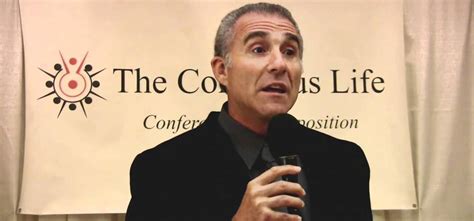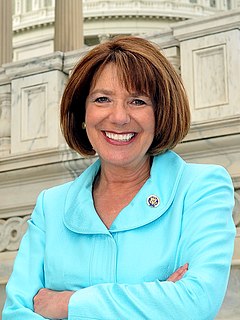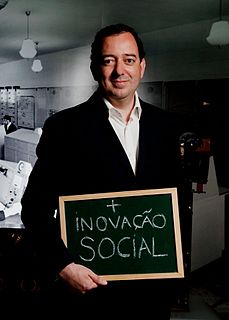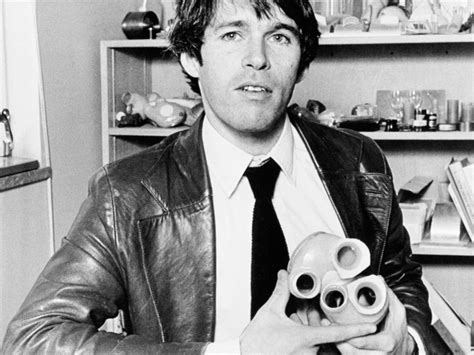A Quote by Ron Williams
We are a wealthy country. We also are the global engine of innovation in health care, whether it's the pharmaceutical industry or the creation of medical devices.
Related Quotes
Since the 1920s, virtually all continuing medical and public health education is funded by pharmaceutical companies. In fact, today, the FDA can't even tell health scientists the truth about vaccine contaminants and their likely effects. The agency is bound and gagged by proprietary laws and non-disclosure agreements forced upon them by the pharmaceutical industry. Let us not forget that the pharmaceutical industry, as a special interest group, is the number one contributor to politicians on Capital Hill.
If the 1,990-page House Health Care Bill becomes law, the average American will receive worse health care, American physicians will decline in status and income, American medical innovation will dramatically slow down and pharmaceutical discoveries will decline in number and quality. And, of course, the economy of the United States will deteriorate, perhaps permanently.
In the last century the practice of medicine has become no more than an adjunct to the pharmaceutical industry and the other aspects of the huge, powerful and immensely profitable health care industry. Medicine is no longer an independent profession. Doctors have become nothing more than a link connecting the pharmaceutical industry to the consumer.
Furthermore, we believe that health care reform, again I said at the beginning of my remarks, that we sent the three pillars that the President's economic stabilization and job creation initiatives were education and innovation - innovation begins in the classroom - clean energy and climate, addressing the climate issues in an innovative way to keep us number one and competitive in the world with the new technology, and the third, first among equals I may say, is health care, health insurance reform.
To be without health insurance in this country means to be without access to medical care. But health is not a luxury, nor should it be the sole possession of a privileged few. We are all created b'tzelem elohim - in the image of God - and this makes each human life as precious as the next. By 'pricing out' a portion of this country's population from health care coverage, we mock the image of God and destroy the vessels of God's work.
In the eighties and nineties, the innovation agenda was exclusively focused on enterprises. There was a time in which economic and social issues were seen as separate. Economy was producing wealth, society was spending. In the 21st century economy, this is not true anymore. Sectors like health, social services and education have a tendency to grow, in GDP percentage as well as in creating employment, whereas other industries are decreasing. In the long term, an innovation in social services or education will be as important as an innovation in the pharmaceutical or aerospatial industry.
On the information technology side, health care is still behind other industries. There needs to be a real push to create better electronic health records, more inter-operability amongst various types of electronic systems and cybersecurity is becoming a huge deal in in health care. Health care records are highly sought after by virtue of the fact that not only do you have somebody's person financial information, you also have their person medical information.


































